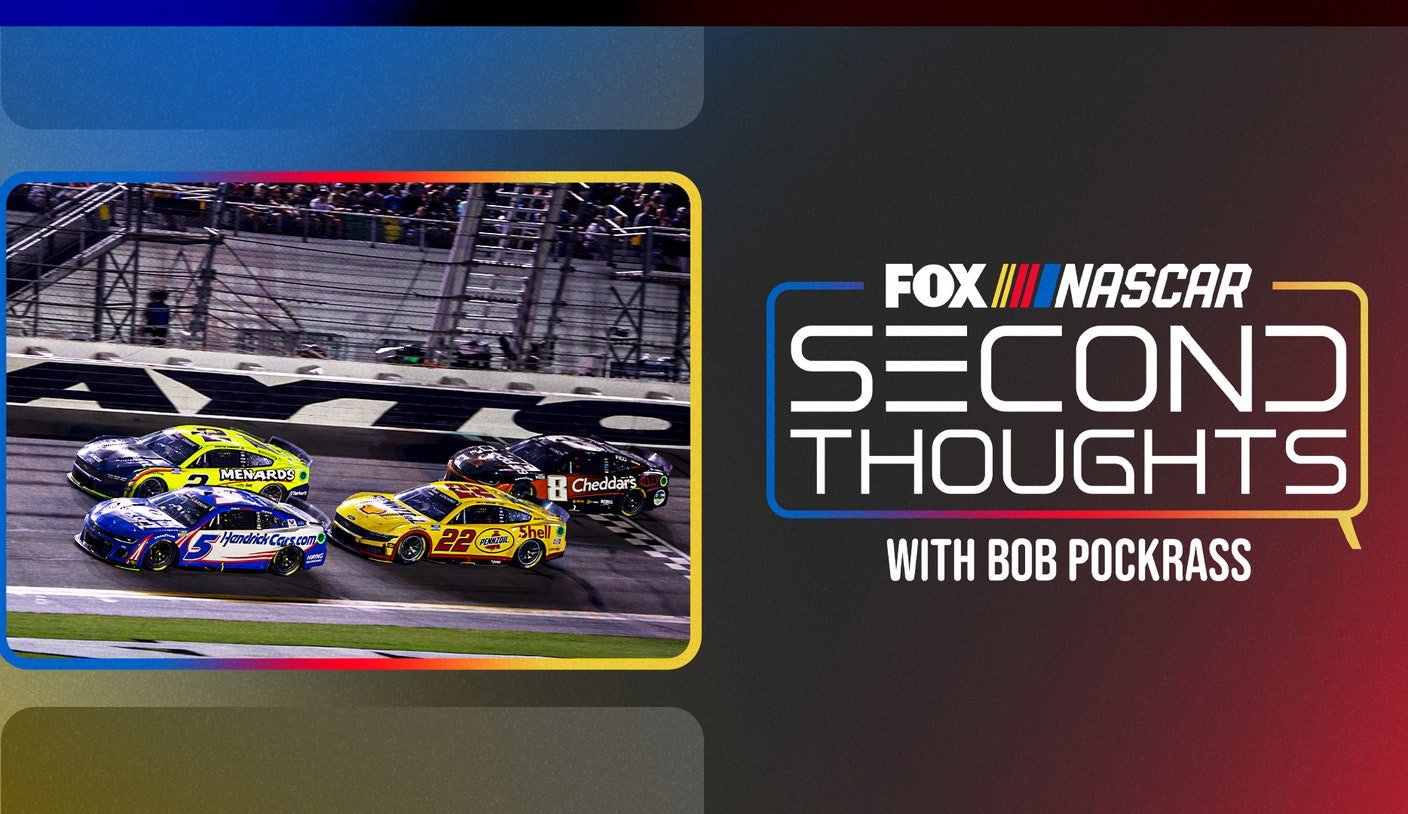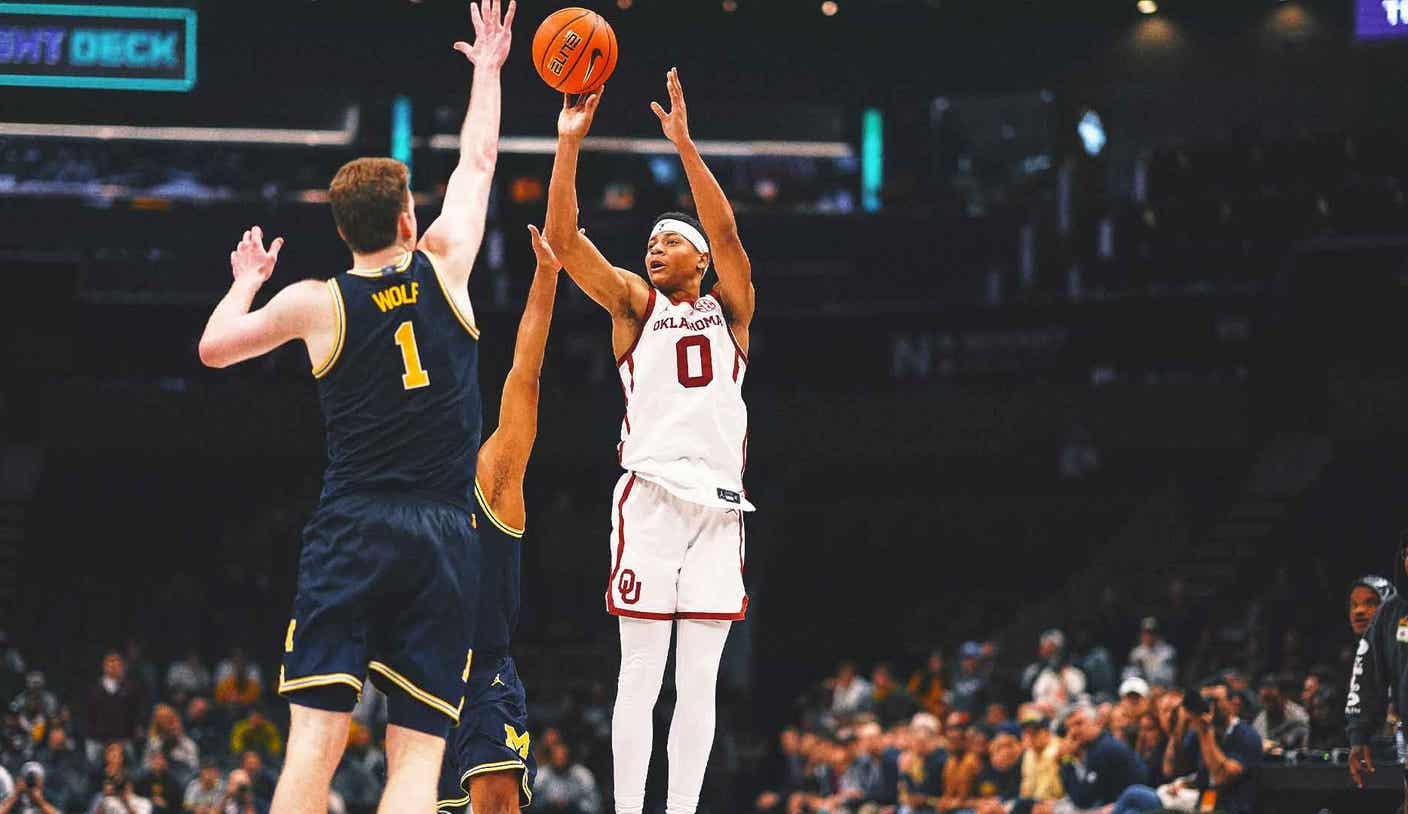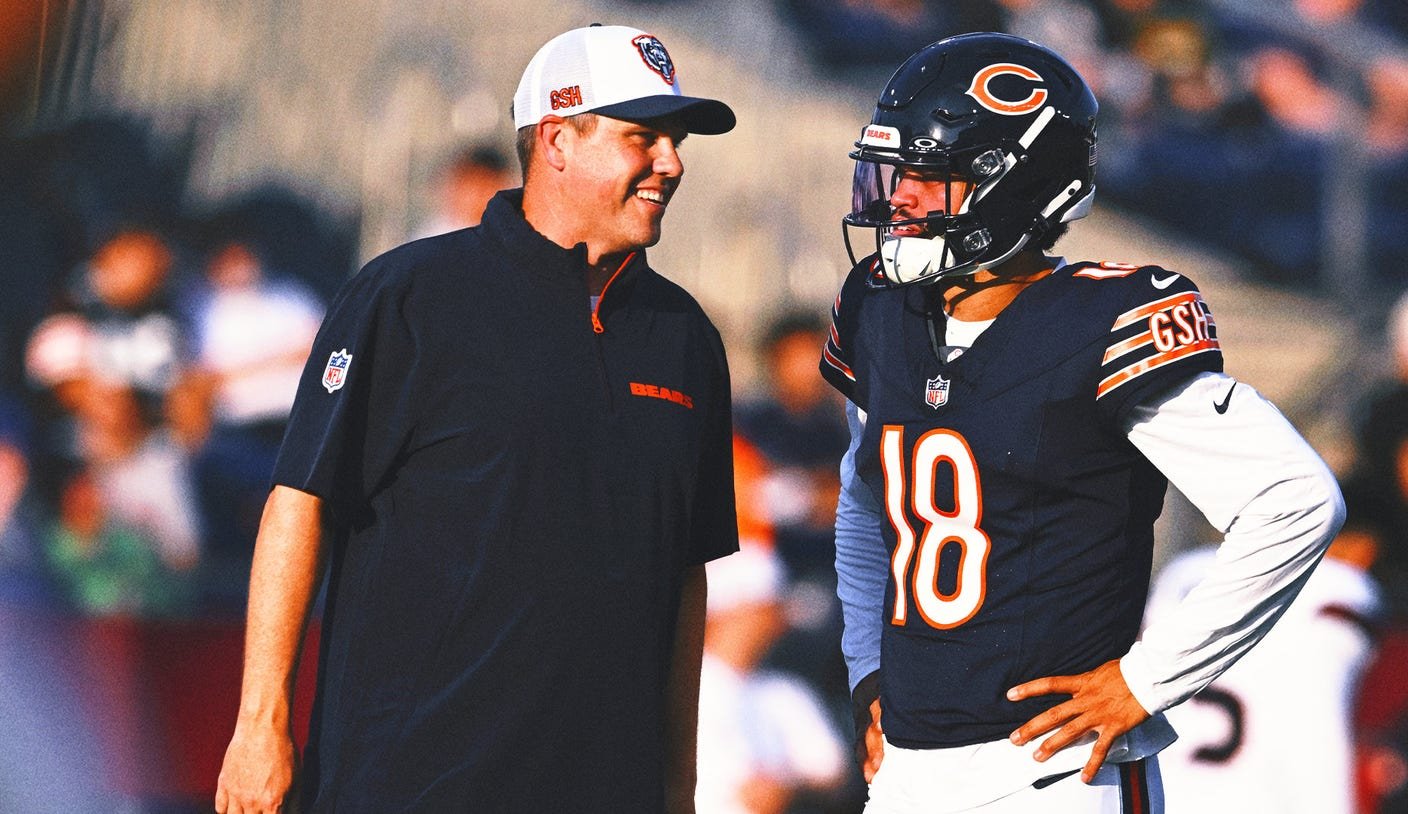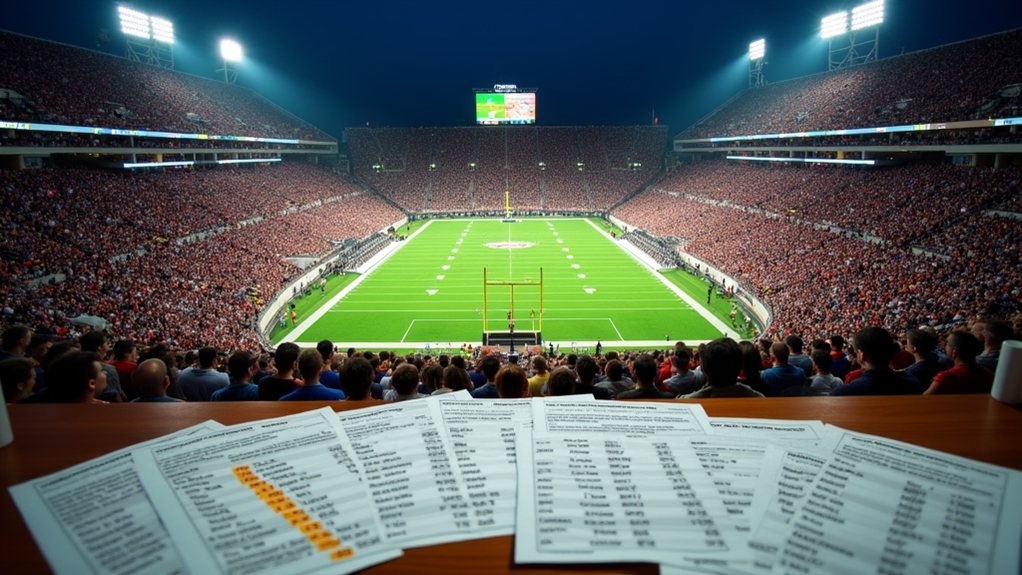The good and the bad of NASCAR’s newest regulations are clear: drivers must avoid reckless actions on the track or face severe repercussions that could jeopardize their entire season.
While NASCAR hasn’t explicitly stated this, the implications of their recent changes are unmistakable.
NASCAR has revealed that if a driver misses a race for non-medical reasons or family emergencies, they will lose all playoff points accumulated throughout the regular season.
Consequently, a driver who qualifies for the playoffs will see their points reset to 2000, with no additional playoff points. If they progress to the next round, they will start with 3000 points plus any playoff points earned previously.
This policy represents a significant penalty for a single moment of poor judgment, especially if a driver engages in behavior that warrants suspension from competition.
For instance, this change could affect Kyle Larson during his Indy 500 bid—if he fails to return in time for the Cup race in Charlotte, he would lose all playoff points. This situation is particularly disheartening for drivers looking to compete in both events, a dual opportunity that NASCAR should support. Yet, the organization appears reluctant to allow drivers to pursue this path without penalties.
Ironically, NASCAR has also introduced a provision that allows a 41st entry for a distinguished driver from another series to participate if they fail to qualify, provided they’re not skipping their own races.
This means that Helio Castroneves could participate in the Daytona 500. However, he will aim to qualify on his own, as doing so would ensure that his team, Trackhouse Racing, receives the race purse. If a team is granted that additional spot, they will miss out on the financial benefits.
While this rule may diminish the merit of a driver’s entry, it does attract attention to the races. Furthermore, it sets a precedent for international events, like the upcoming race in Mexico City, where a prominent local driver could be assured a spot.
One hopes that this will not lead to unnecessary disputes, a concern raised by the damaged vehicle policy, especially during the Next Gen car era.
With the latest changes, NASCAR has designated specific areas in the garage for teams to work on their cars. Given the limitations of the Next Gen car, there is less room for extensive repairs, reducing the likelihood that teams will spend excessive time fixing a damaged vehicle only to put it back on the track.
As with any changes, there are questions about potential side effects. Will a driver who has been suspended approach races differently if there are no playoff points at stake? Will teams rush to secure the provisional spot for a star driver? Will previously damaged cars now return to the track, causing more caution periods?
These scenarios are all possible. Overall, it appears that these updates are designed to enhance the integrity of the sport while promoting a competitive environment.









